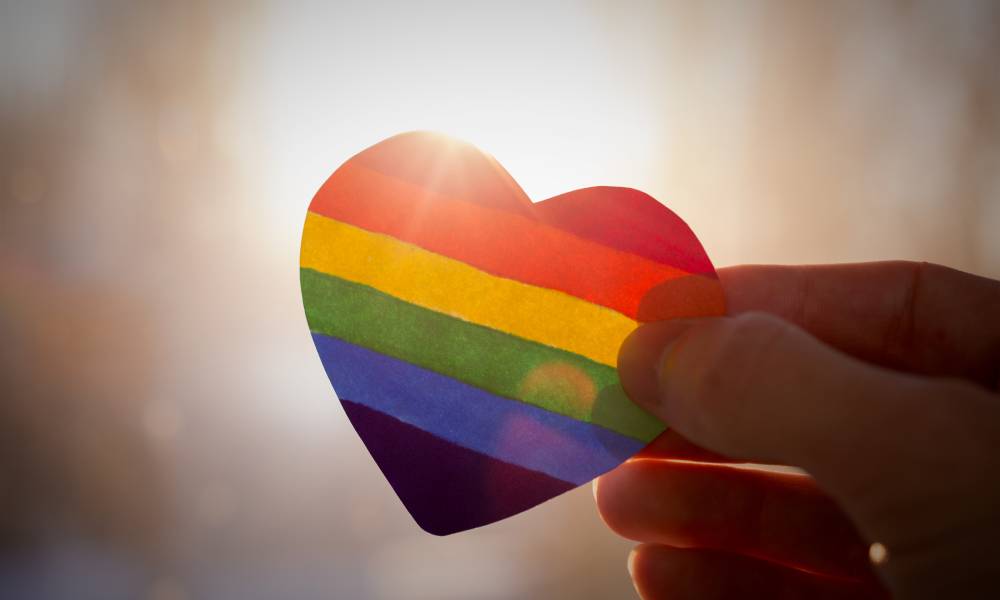
‘Unfortunately, policies do not always translate into behavioural change’

Over the past few years, there’s been a noticeable change in attitudes towards the LGBTQ community, as more and more companies invest in authentic D&I initiatives.
Diversity Works New Zealand Chief Executive Maretha Smit told HRD that companies such as MediaWorks have excelled in implementing initiatives that “build cultures of learning and understanding about difference”.
In 2017, MediaWorks formalised strategies, frameworks, resources, and activities to support and advocate for LGBTQI+ staff and allies.
Internal strategies included Rainbow Tick accreditation, a review of all policies and recruitment practices, and staff training workshops.
Moreover, the job application process for the company was updated to require that all applicants must agree on fundamental principles of acceptance in the workplace. This was all part of a broader Diversity and Inclusion policy, supported by the Board of Directors and the Executive Team.
Externally, MediaWorks used its major brands to promote and support the LGBTQ community. This included a national media campaign during Pride month and the development of The Outlook, a Newshub podcast series covering Rainbow news and entertainment.
MediaWorks also engaged in strategic partnerships with ally organisations such as the NZ AIDS Foundation, the Big Gay Out and RainbowYOUTH.
The result was initiatives which garnered support internally and externally. Internally, 87% of staff answered favourably to the statement “MediaWorks is a safe and inclusive place for me,” and the Diversity and Inclusion section achieved the highest favourable score in MediaWorks’ annual engagement survey.
However, there are still many organsiations in New Zealand where the pace of change has been too slow.
From a structural perspective, Smit told HRD that there are not many large companies in New Zealand that “don’t have formal non-discrimination policies in place that include sexual orientation”. Additionally, many companies provide domestic partner and/or transgender-inclusive benefits.
READ MORE: Bafta boss disappointed over lack of diversity
However, Smit said that unfortunately “policies do not always translate into behavioural change” and homophobic bullying still takes place, despite some of the more inclusive changes that have taken place over the past few years.
“Stigma in respect of the community is real and LGBTQI+ people often still find it necessary to cover or downplay aspects of their authentic selves, for instance, by hiding personal relationships or changing the way they dress,” said Smit
Consequently, this means that data regarding attitudinal change is “not available or reliable”, added Smit.
“There are many resources available to support good practice in inclusion and we celebrate the best and most innovative initiatives through our annual Diversity Awards NZ.”
Over the past three years, the Positive Inclusion Award was won by MediaWorks, MidCentral District Health Board and ANZ respectively.
READ MORE: Adidas HR head resigns as company addresses diversity issues
“All these organisations provided initiatives which sparked an appreciation across the wider workforce for the unique gifts brought by diverse communities, which resulted in overall shifts in attitude.”
Smit offers the following advice for organisation to encourage a more inclusive workplace for the LGBTQ community: